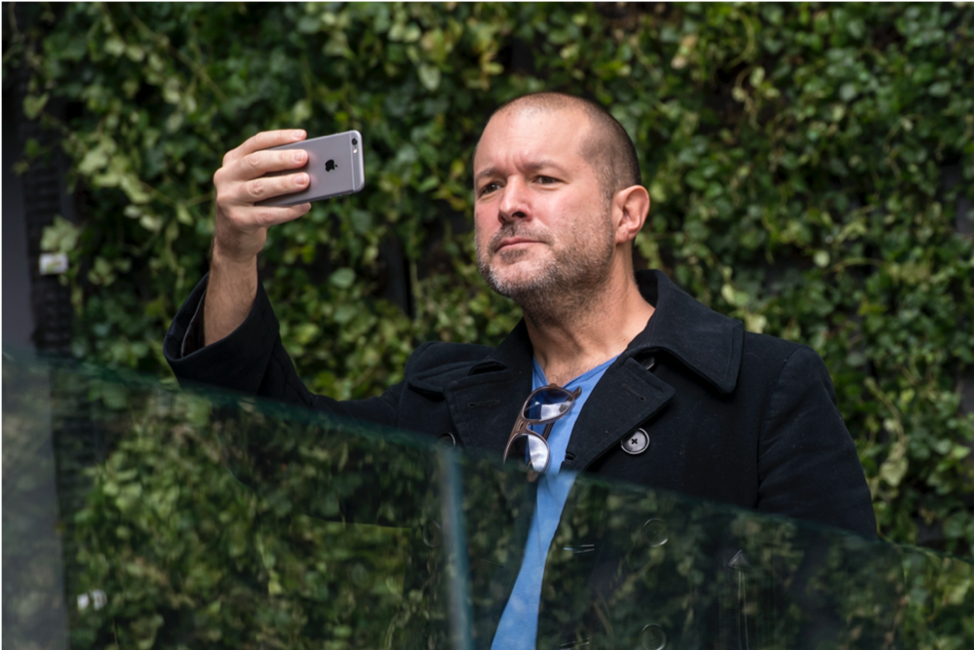Ive was in recent years in charge of Apple’s software design as well as hardware, but software wasn’t his passion. Ive, an industrial designer, grew famous for obsessing over every smartphone curve and the precise dimensions of a desk chair. People with impeccable instincts for what is tasteful and good in physical things will still matter in the future of technology infused into everything, but they will be less supreme. They are less worthy of cult-like adoration. The future belongs to the nerds.—Shira Ovide, Bloomberg
I completely disagree with his thesis. In fact, this new theory sounds suspiciously close to the last iPhone killing theory that said software platforms were going to render distinctive phone product lines irrelevant. I was one of the few people who said that this theory was ridiculous and that the opposite would happen. I stated that the software platforms would cause people to place an even higher value on their hardware. Shortly thereafter, phones everywhere went up in price to a thousand dollars or more vindicating my logic.
I have 25 years of experience in helping corporations place value on hardware. Whether it’s investing in new floor space, machines, forklift trucks, whatever. The principle is always the same. The more you use it or the more that software advances, the more that corporations are willing to pay for the hardware. Software makes hardware more valuable, not less. It is scale, not software, which causes prices to decline. These are two opposing pressures on price.
There is a similar dynamic in consumer households. Even though consumers don’t put together a 5-year model of ROI when they evaluate purchases, they instinctively know that the more that they use something, the more that they can justify paying for it. For example, people might be willing to pay more for an RV after they retire because they can use it all year around versus only a couple weeks in the summer.
In my view, design is just as important in the world of mobile smartphones, if not more important than ever.
I did agree with the following point which Ovide made in his article. It was about how important the iPhone is to Apple.
Citing the more than half of Apple's revenue that comes directly from iPhone sales underplays Apple's dependence on that singular smartphone with Ive’s handiwork. The iPhone is the sun around which Apple’s current and near-future products orbit. People are far less likely to buy Apple’s wireless headphones, Apple’s streaming video subscriptions or iPhone apps if they don’t own iPhones. —Shira Ovide, Bloomberg
I’ve been making the case quite regular for two years now that the kind of diversification that Apple has been implementing has been a kind of “quasi-diversification”. Selling music, news, and video subscriptions are going to appeal mainly to iOS users. So after their service revenues get past the startup ramp and plateau, revenue will rise and fall with the size of the iPhone installed base. Which brings Apple back to square one on figuring out how to goose phone sales.



 RSS Feed
RSS Feed